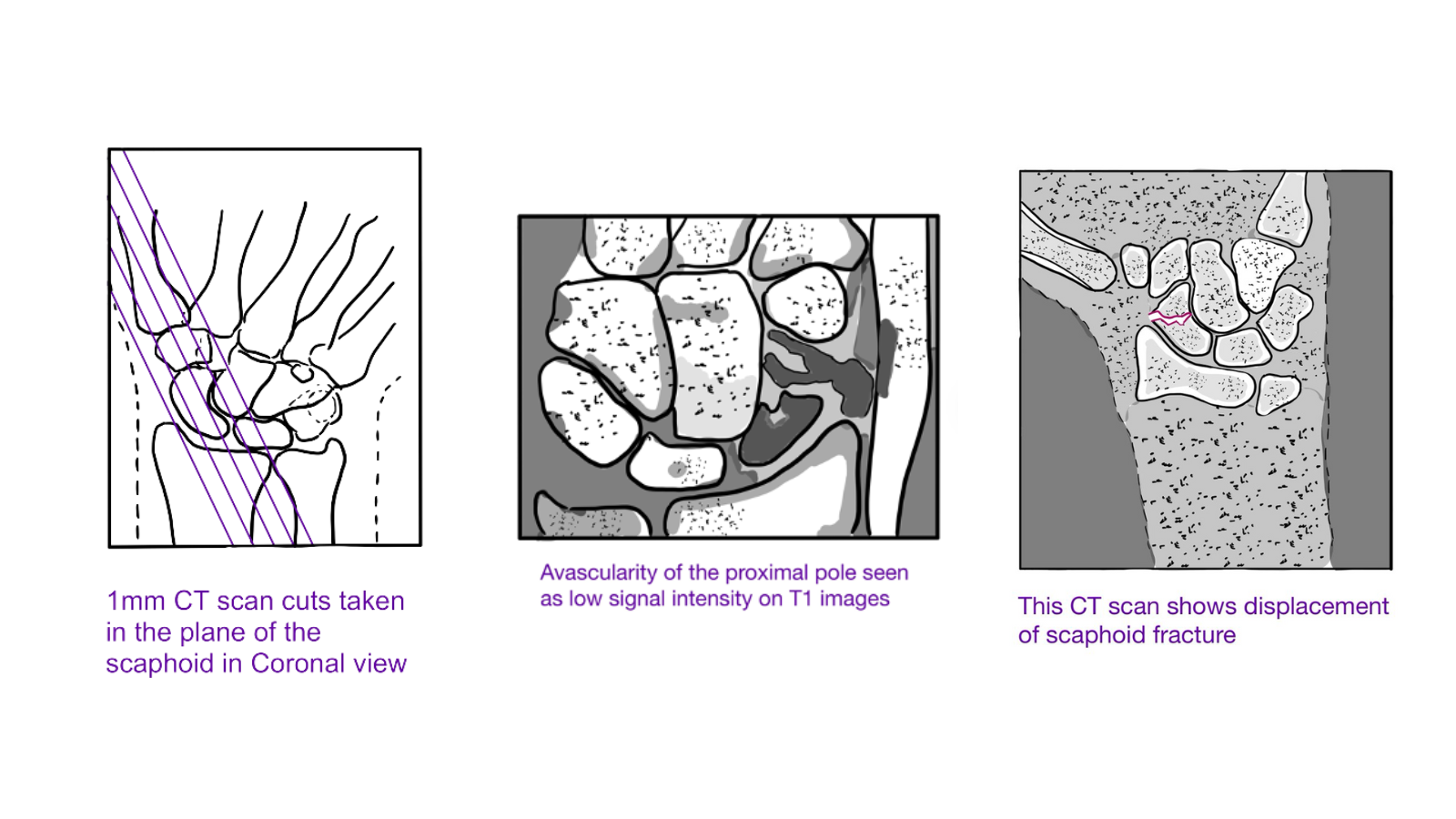In this week's edition
- ✍️ Letter from P'Fella
Research quality, not quantity - 🤓 Study on Sunday + Quiz
Do you know salivary gland tumours? - 🤯 Ask the Expert (NEW!)
Scan the scaphoid fracture? - 🎭 Upcoming Events
16 upcoming events for you. - 🐣 Tweets of the Week
Memes, virals & threads. - 🚀 New Features
What is "Ask the Expert"? - 📝 Articles of the Week
3 must-reads, 1 deep-dive for thePlasticsPro (UPDATED!)

Research has become a "tick-box" exercise.
Get published, get a line on the CV, and get career progression.
But it's probably time for a change to the way we look at this. For too long, plastic surgery journals and their submissions have been of comparatively low quality compared to other medical specialities. There has always been this idea that it's "hard to design good trials in plastics". But frankly, that is no longer true - look at the great work being done by RSTN.
So how can we look at research quality, not quantity? There are a couple of simple solutions.
- Impact factor: not a perfect reflection quality. No offence, PRS journal *cough cough*).
- Number of times that publication has been referenced. This is a pretty good surrogate marker for quality. The limitation is that the quality of the publication can take several years to be appreciated (as citations are time-dependent)
- h-index is an author metric that attempts to measure both the productivity and citation impact of the publications of an author. A researcher with an index of h has published h papers, each of which has been cited in other papers at least h times.
What are your thoughts on this? Reply to this email, would be interested to hear them.


Salivary Gland Tumours
The major and minor salivary glands are associated with a remarkable diversity of neoplasms. WHO histologic classification for salivary gland tumours has over 40 different types of tumours as they can arise from epithelial, mesenchymal and lymphoid tissues. There were recent updates in their 8th edition publication on Salivary Gland Tumours.
These are just some examples of the 40+ different types of salivary gland tumours.
- Benign: pleomorphic adenoma, adenolymphoma, oncocytoma, sebaceous neoplasms, intraductal papilloma.
- Benign Soft Tissue: Haemangioma (paediatrics), Lipoma, sialolipoma, nodular fasciitis.
- Malignant: mucoepidermoid, adenoid cystic, acinic cell, mixed, adenocarcinoma, primary SCC, sebaceous, lymphoma.
- Non-neoplastic epithelial: sclerosing polycystic adenosis, nodular oncocytic hyperplasia, lymphoepithelial sialadenitis, intercalated duct hyperplasia.
- Hematolymphoid: mucosa-associated lymphoid tissue (MALT lymphoma).

2 spots left 👇
- ISAPS World Congress - Istanbul, July 2022
- ICCPCA Cleft Congress - Edinburgh, July 2022
- PULM: Pediatric Upper Limb & Microsurgery, August 2022
- Yorkshire FRCS(Plast) Course- August 12th
- AO Hand Trauma Blended Course - September 26th
- ASSH Annual Meeting - Boston, September 2022.
- Head And Neck Siag Day - Hull, September 30th
- BAAPS Annual Conference 2022 - London, September.
- European Society of Craniofacial Surgery - September.
- BAPRAS Celtic Meeting - Dunblane, Scotland, September
- BAAPS 2022: London, Step 27th
- Skills For Junior Plastics - Alexandra Hospital, 8th Oct
- Plastic Surgery, The Meeting - Boston, October 2022.
- Aec 5.1 Limb Reconstruction - October 26th, 2022.
- AEC Limb Reconstruction - Virtual, October 2022
- BAPRAS 2022 Congress - November 2022.

I like this BRACHIAL PLEXUS illustration as it demonstrates the nerves in relation to all surrounding bony, vascular, and muscular anatomy. CREDIT: Picturing Medicine pic.twitter.com/mv2RnR0Wls
— Oren Gottfried, MD (@OGdukeneurosurg) July 13, 2022
Research can be hard, but there are ways to make it simpler.
— Tomás Gomes 🇪🇺 (@tomsgoms) July 12, 2022
Here are some tips for working in the lab
🧵⬇️
Peroné Vascularizado en defecto óseo de clavícula distal (6 cm)
— Dr. Sergi Barrera Ochoa (@DrBarreraochoa) July 10, 2022
▪️Microsutura vascular termino-terminal a los vasos toraco-acromiales
▪️Síntesis mediante placa gancho y plastia coraco-clavicular (en colaboración con el Dr. Mir, la Dra. Marlet y el @dralabau ) pic.twitter.com/4pluxTySi5


How should I scan the scaphoid?
Expert: Karan Choudhry, Orthopaedic Hand Trauma Specialist.
After confirmation of a scaphoid fracture on X-Ray, you should consider CT or MRI.
CT scan (1mm cuts in the plane of the scaphoid)
- Check the fracture pattern
- Is it multiplanar?
- Serial monitor the healing
MRI Scan:
- Pick up occult fractures
- Avascularity in a nonunion situation.

P'Fella wants to introduce new voices into this weekly newsletter. So every Sunday, you'll get an expert answering 1 specific question or hot top.
It's designed to be concise but highly relevant to the clinical needs of plastic surgeons and trainees.
You can check out the very first "Ask the Expert" - just scroll up the page!

3 Top Picks
- Social Media and Plastic Surgery
Cerceo et al. The Scope of Plastic Surgery Is Distorted through the Lens of Social Media, Plastic and Reconstructive Surgery: July 2022 - Volume 150 - Issue 1 - p 245e-246e - How to inject fat into the breast
Delay et al. Fat Injection to the Breast: Technique, Results, and Indications Based on 880 Procedures Over 10 Years, Aesthetic Surgery Journal, Volume 29, Issue 5, September 2009. - 5-step Augmentation Mastopexy
Abdelkader et al. Augmentation Mastopexy: A Five-step Standardized Strategy Approach, Plastic and Reconstructive Surgery - Global Open: June 2022 - Volume 10 - Issue 6 - p e4349

Nasal Subunits - Original
Burget and Menick published one of the most influential papers in day-case plastic surgery.
The nasal subunits have guided reconstructive options (despite its poor research methodology!). This journal club critiques this article and its impact on current practice.


